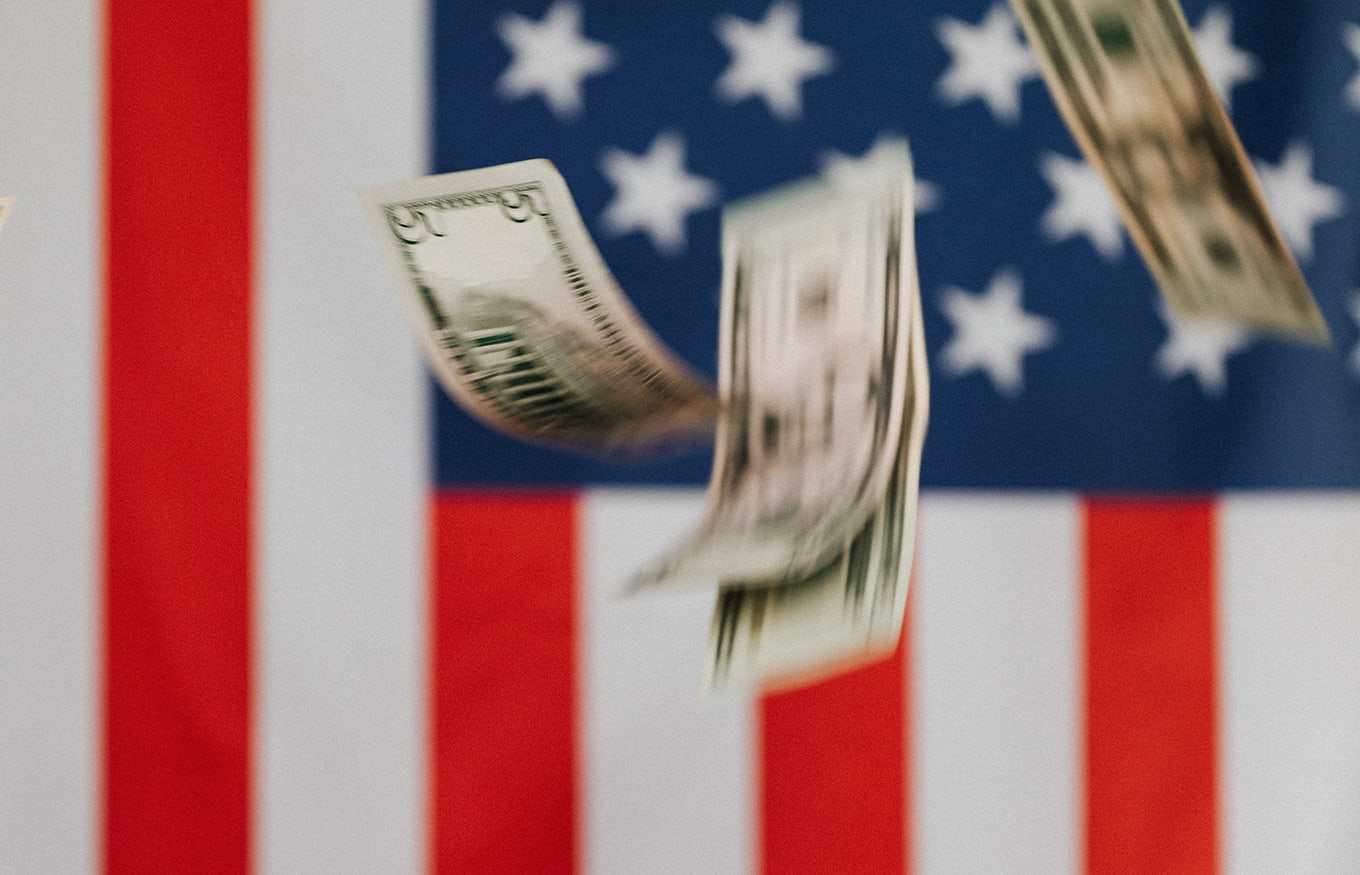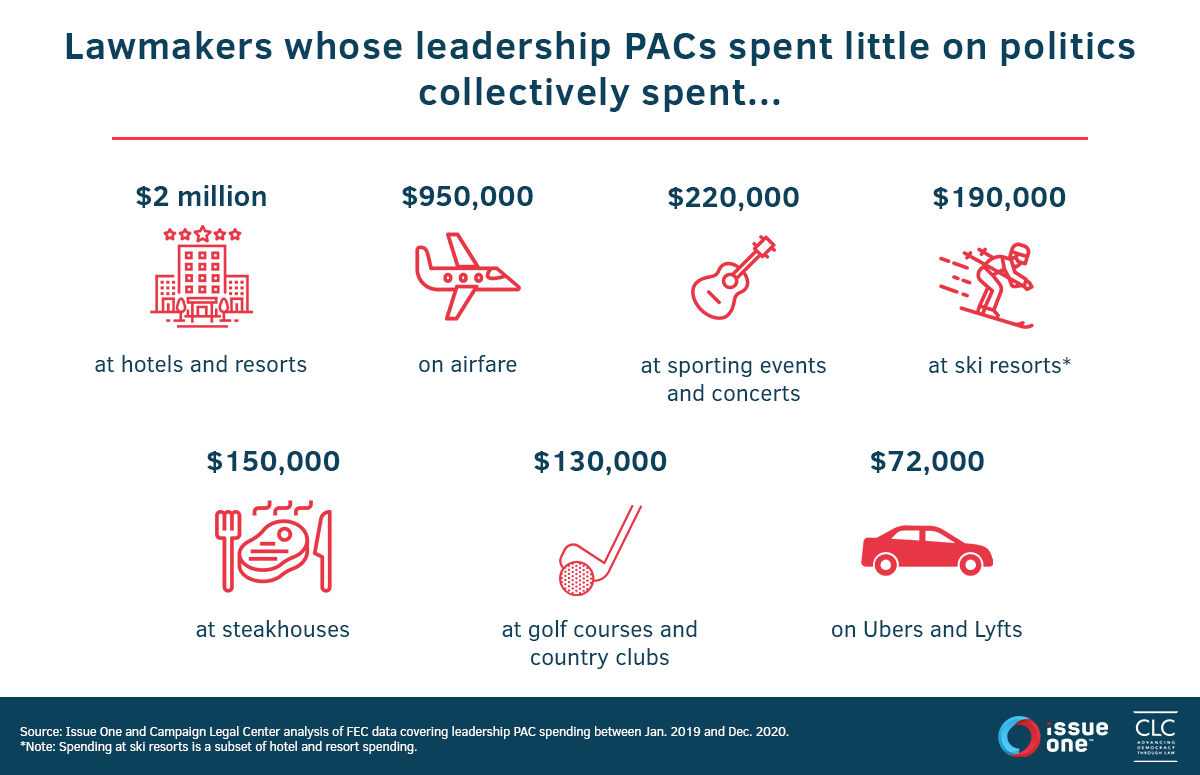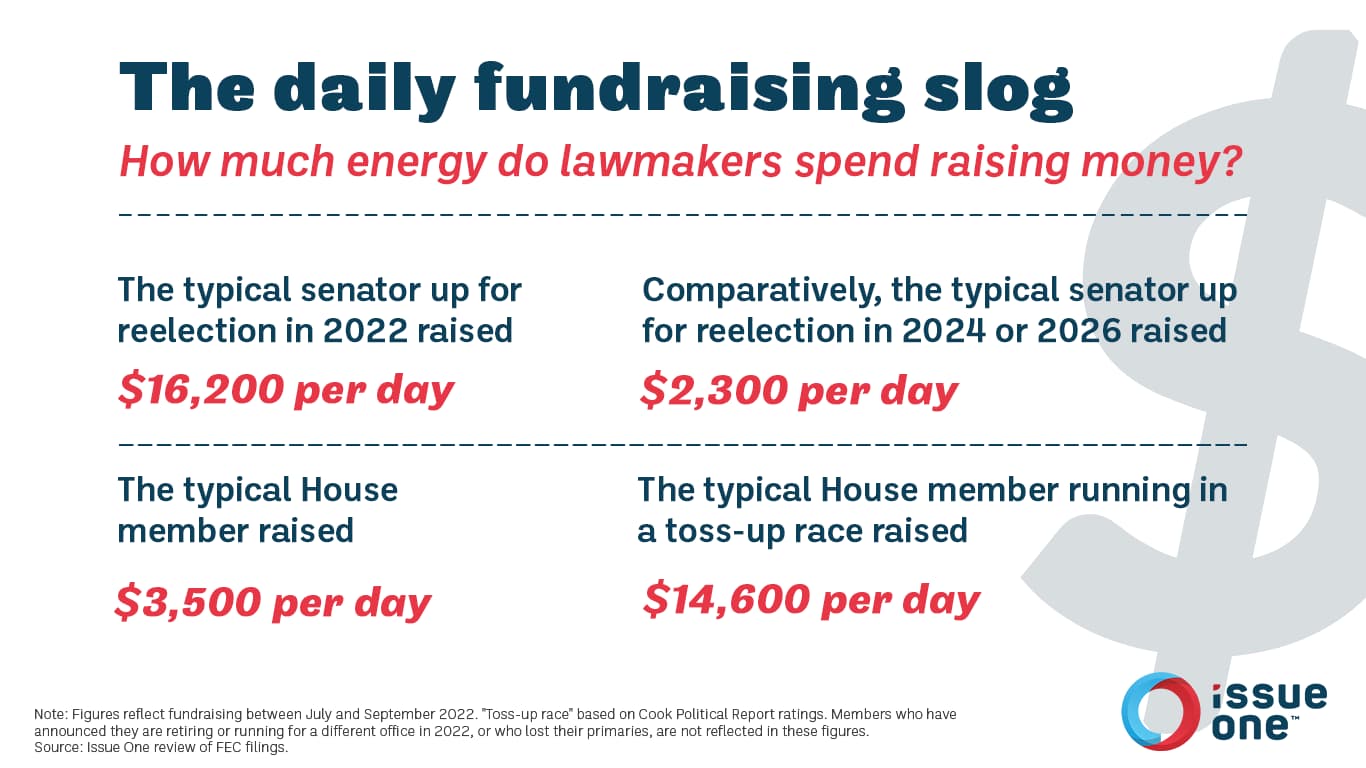Late Wednesday evening, President-elect Donald Trump took a small but important first step in following-through on his campaign’s pledge to “drain the swamp” in Washington. The administration-in-waiting said it will bar lobbyists from serving on his transition team and will restrict members of his administration from lobbying for five years after their tenure in government. These moves address one of the most-debated issues in Washington: The revolving door between industry and government.
However, the devil is in the details. First, will there also be protections against people with financial conflicts of interest coming into the administration? With the focus on registered lobbyists, how will the ban cover non-registered lobbyists — such as those with “government relations” job titles who informally advise on policy without properly registering to lobby? Will there be protections against appointees getting non-lobbyists jobs from entities that have benefitted from that appointee’s time in office?
“Let’s be clear: Lobbying is not bad. It is constitutionally protected and one of the most powerful tools citizens have to seek redress from their elected officials,” said Chief of Policy, Programs and Strategy Meredith McGehee. “The question is whether there is an appropriate cooling-off period for high-level individuals who seek to use their inside information and access gained while serving the public for the benefit of private interests or to enrich themselves.”
Voters do not send their hard-earned tax dollars to the federal government only to see Washington insiders fashion sweetheart deals through special access.
It is important to remember that post-employment restrictions are the low-hanging fruit dangling above the Washington swamp — occasionally it dips low enough to end up in the muck, but by and large it grows near the power-centers of this town by necessity. The new administration and 115th Congress still need to clearly articulate solutions to addressing the huge role that special-interest money plays in influencing decision-making in Washington.
Case in point: When asked about President-elect Trump’s revolving door proposal Wednesday afternoon, Senate Majority Leader Mitch McConnell (R-KY) said Congress would address the “real concerns of the American people rather than fixating on every utterance during the presidential contest.” In other words, if he has his way, the swamp will remain filled by same policymaking practices that have eroded people’s trust in their government.






